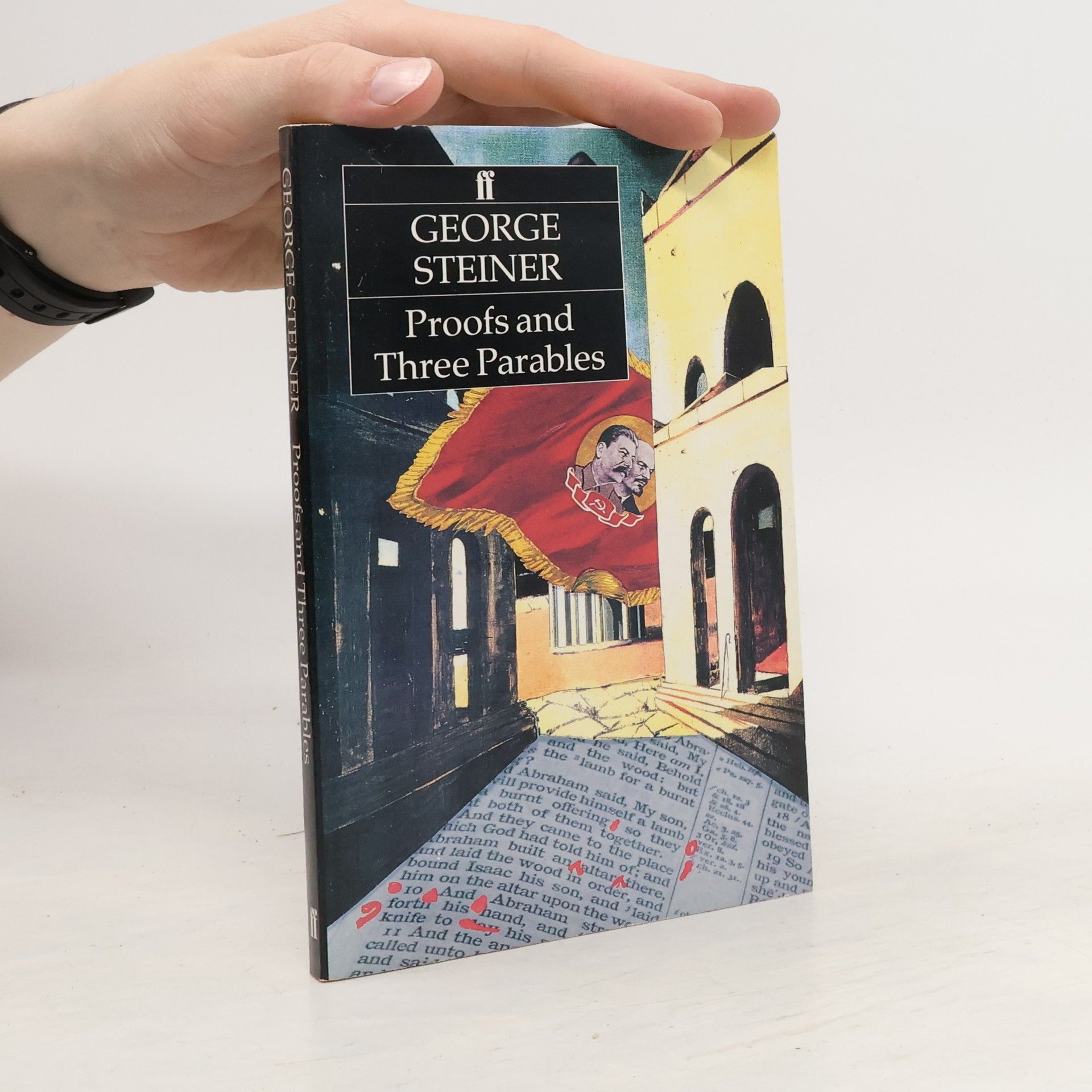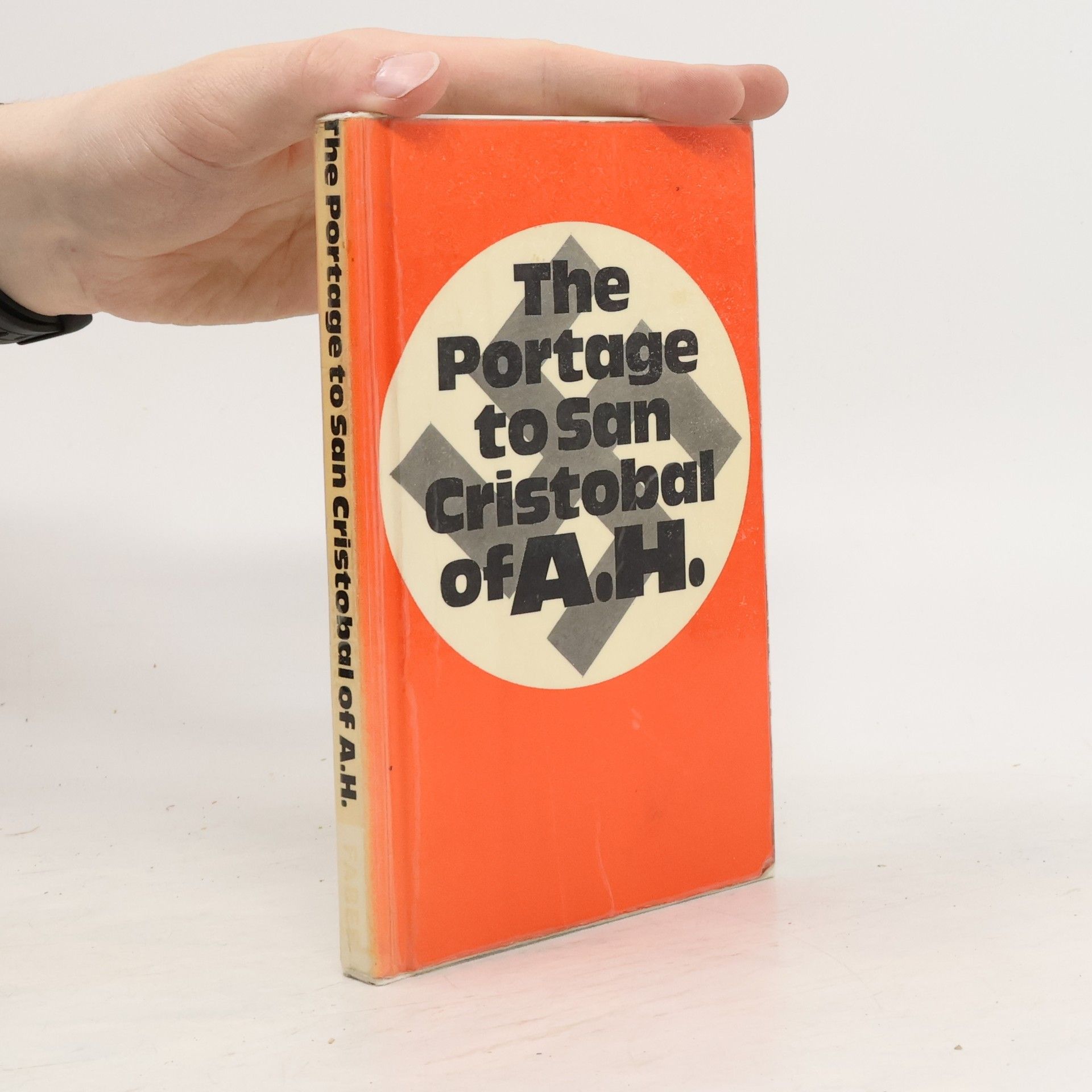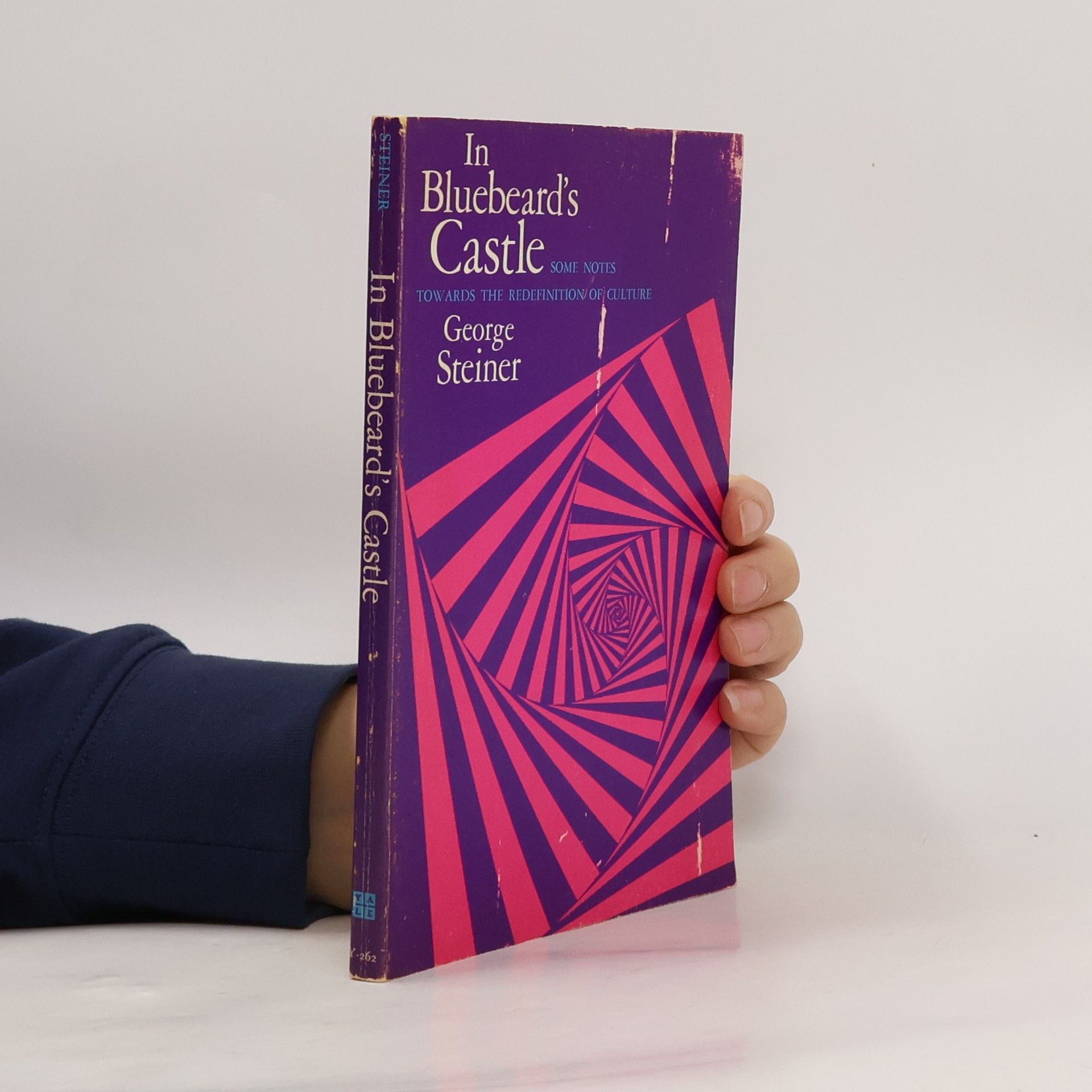A collection of essays and articles about the life of language, and its role in a world where words are used to manipulate as often as they are used to convey meaning Language and Silence is a book about language—and politics, meaning, silence, and the future of literature. Originally published between 1958 and 1966, the essays that make up this collection ponder whether we have passed out of an era of verbal primacy and into one of post-linguistic forms—or partial silence. Steiner explores the idea of the abandonment of contemporary literary criticism, from the classics to the works of William Shakespeare, Lawrence Durell, Thomas Mann, Leon Trotsky, and more.
George Steiner Libros
Francis George Steiner fue un ensayista, novelista, filósofo, crítico literario y educador. Durante más de treinta años, contribuyó a The New Yorker, publicando más de doscientas reseñas. Su escritura a menudo profundiza en cuestiones profundas de la cultura humana, el lenguaje y la existencia, explorando la relación entre el arte y la ética. El estilo de Steiner es reconocido por su profundidad intelectual, su lenguaje rico y su enfoque provocador del análisis literario.


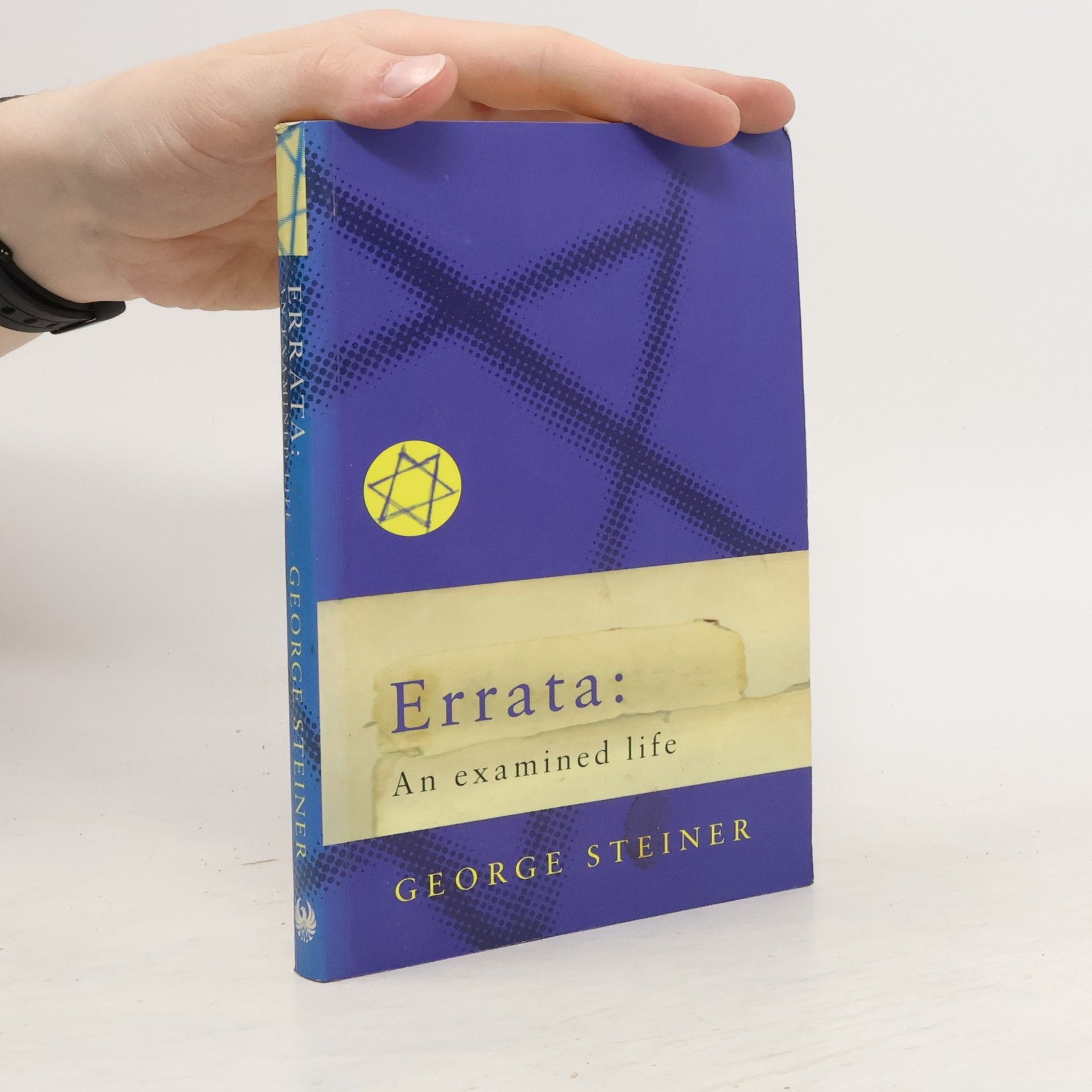
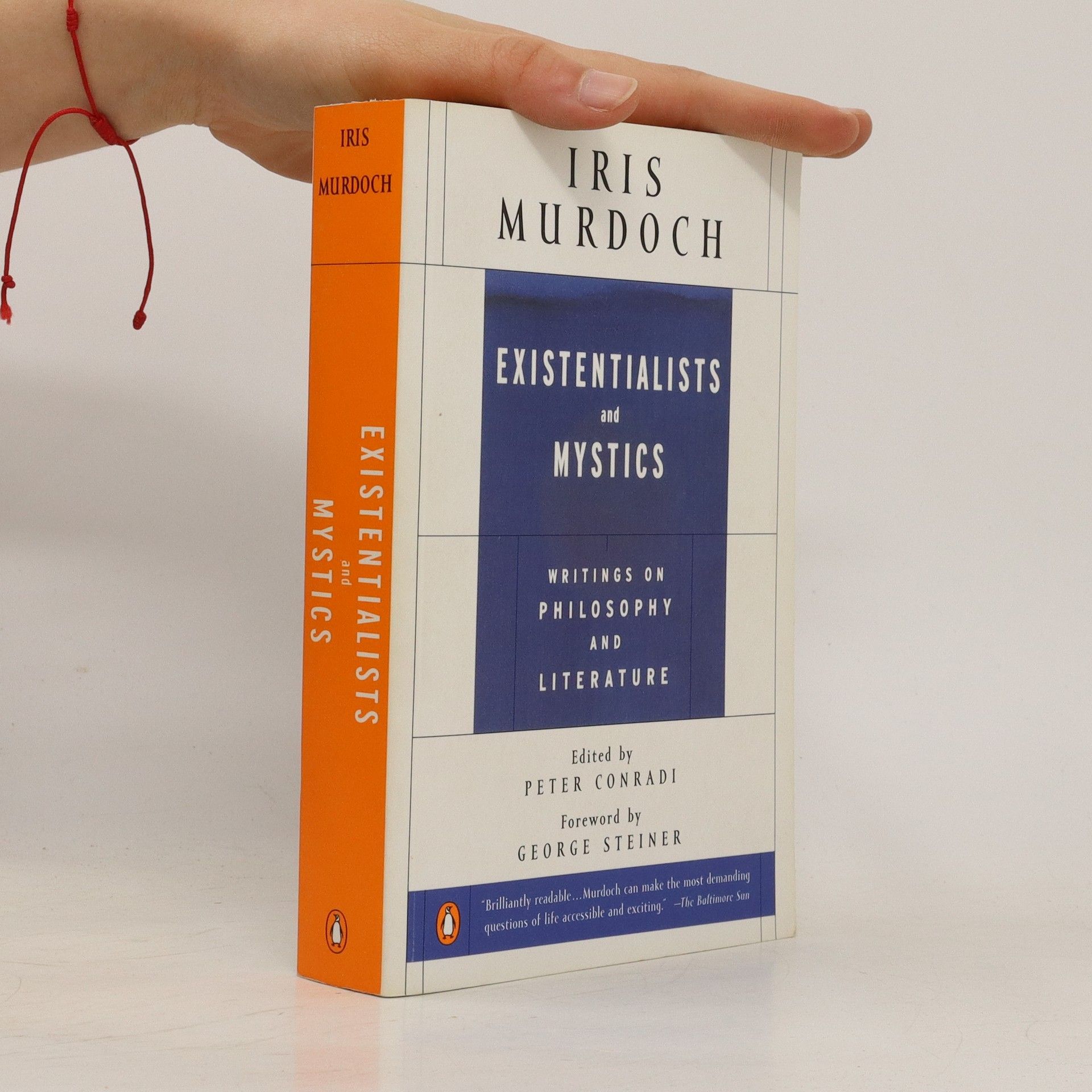

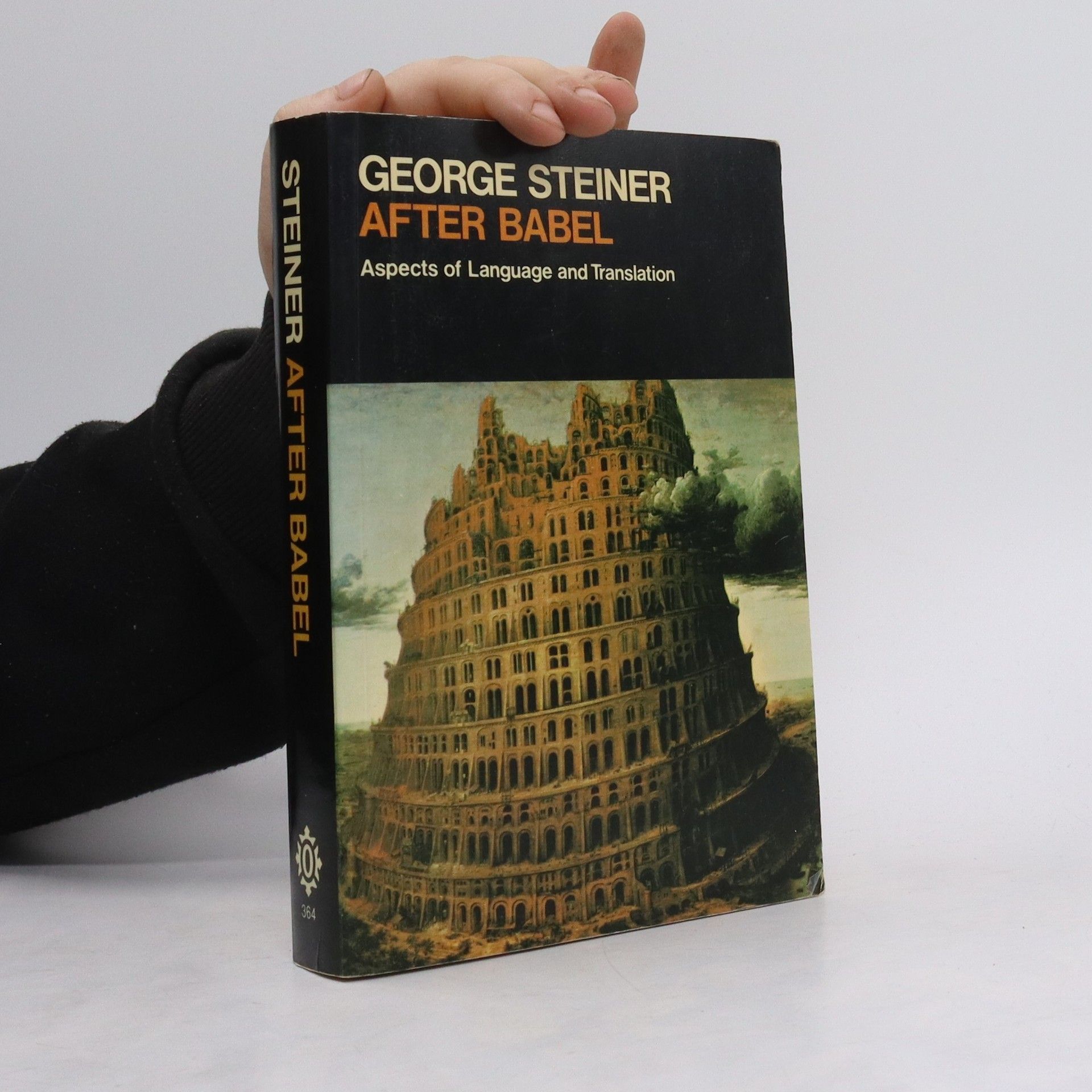
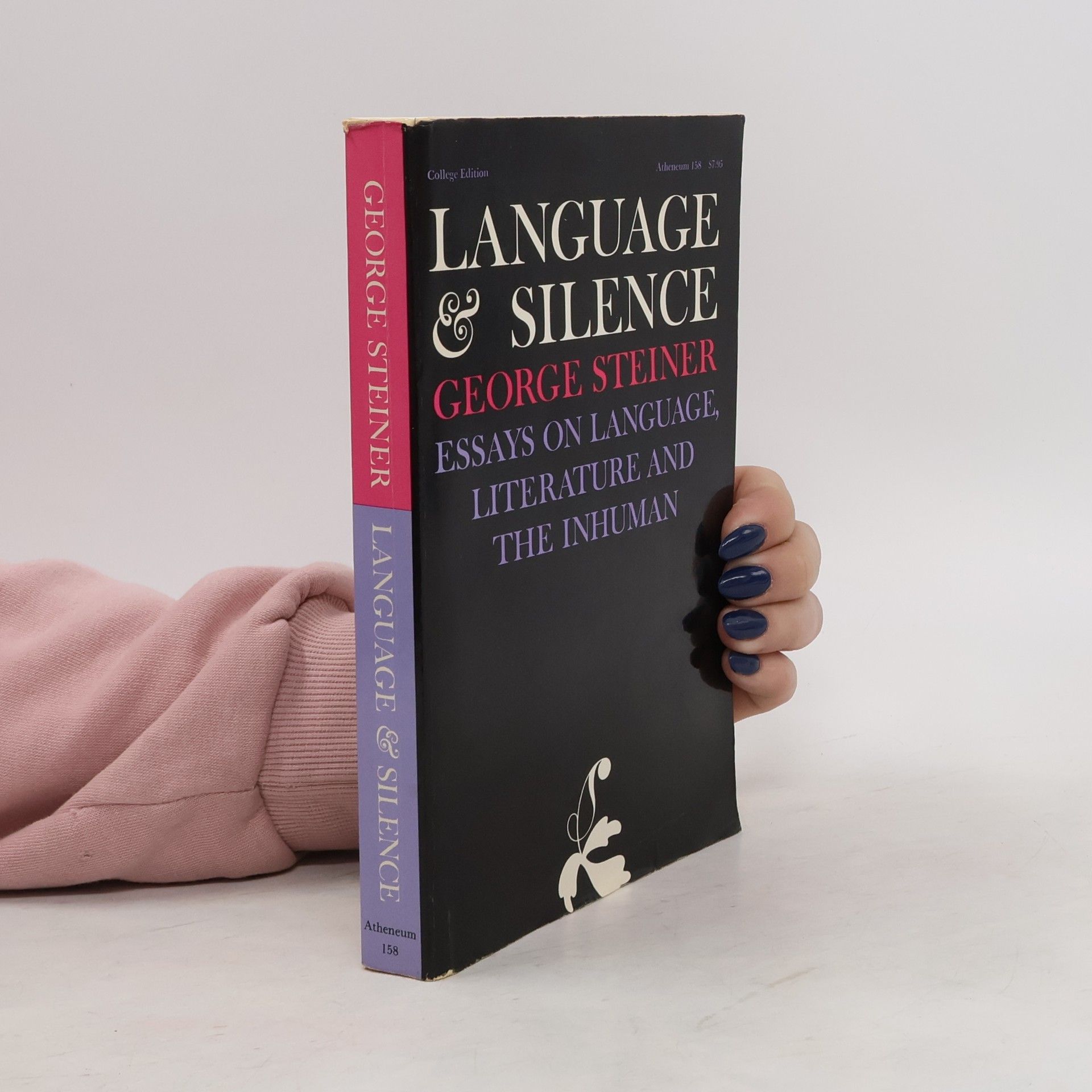
\Why, over the course of history, have humans developed thousands of different languages when the social, material, and economic advantages of a single tongue are obvious? Steiner argues that different cultures’ desires for privacy and exclusivity led to each developing its own language. Translation, he believes, is at the very heart of human communication, and thus at the heart of human nature. From our everyday perception of the world around us, to creativity and the uninhibited imagination, to the often inexplicable poignancy of poetry, we are constantly translating—even from our native language.
\Why, over the course of history, have humans developed thousands of different languages when the social, material, and economic advantages of a single tongue are obvious? Steiner argues that different cultures’ desires for privacy and exclusivity led to each developing its own language. Translation, he believes, is at the very heart of human communication, and thus at the heart of human nature. From our everyday perception of the world around us, to creativity and the uninhibited imagination, to the often inexplicable poignancy of poetry, we are constantly translating—even from our native language.
Existentialists and Mystics
- 576 páginas
- 21 horas de lectura
Best known as the author of twenty-six novels, Iris Murdoch also made significant contributions to the fields of ethics and aesthetics. Collected here for the first time in one volume are her most influential literary and philosophical essays. Tracing Murdoch's journey to a modern Platonism, this volume includes incisive evaluations of the thought and writings of T. S. Eliot, Jean-Paul Sartre, Albert Camus, Simone de Beauvior, and Elias Canetti, as well as key texts on the continuing importance of the sublime, on the concept of love, and the role great literature can play in curing the ills of philosophy. Existentialists and Mystics not only illuminates the mysticism and intellectual underpinnings of Murdoch's novels, but confirms her major contributions to twentieth-century thought.
Errata
- 160 páginas
- 6 horas de lectura
Steiner's brilliant and elegant new book draws on episodes from his life to explore the central themes and ideas of his thinking and writing over the course of much of our troubled century. An exploration of the ideas of the life of a major and brilliant thinker, the closest we will get to an autobiography.
No passion spent : essays 1978-1995
- 448 páginas
- 16 horas de lectura
George Steiner--one of the preeminent essayists and literary thinkers of our era--addresses issues of language and the relation of language to literature and to religion. He covers a wide range of subjects from Homer and Shakespeare to Jewish scripture, religious tradition, and the effects of the Holocaust.
This collection of short stories includes "Proofs", a literary thriller which explores the conflict between fact and fiction in life and literature. Also included are "Noel, Noel", "Desert Island Disks" and "Conversation Piece".
In this profound and disturbing exploration of the nature of guilt and vengeance and the power of evil, Israeli Nazi-hunters, 30 years after the end of World War II, find a silent old man deep in the Amazon jungle who turns out to be Adolf Hitler.
The author presents a penetrating analysis of the collapse of Western culture during the last half of the twentieth century
Business, Government, and Society, by Steiner and Steiner, tells the story of how forces in business, government and society shape our world. While current events move rapidly over the surface of the subject matter, the underlying principles and relationships at its core lie undisturbed. The Twelfth edition of this popular textbook is equipped with new chapter opening stories and cases that reflect current concerns in a changing environment. The thorough blend of history and today’s events help students understand the entire context of forces at work in business, government, and society. A new emphasis on management issues and processes allows students to apply the principles they learn to real world situations.
